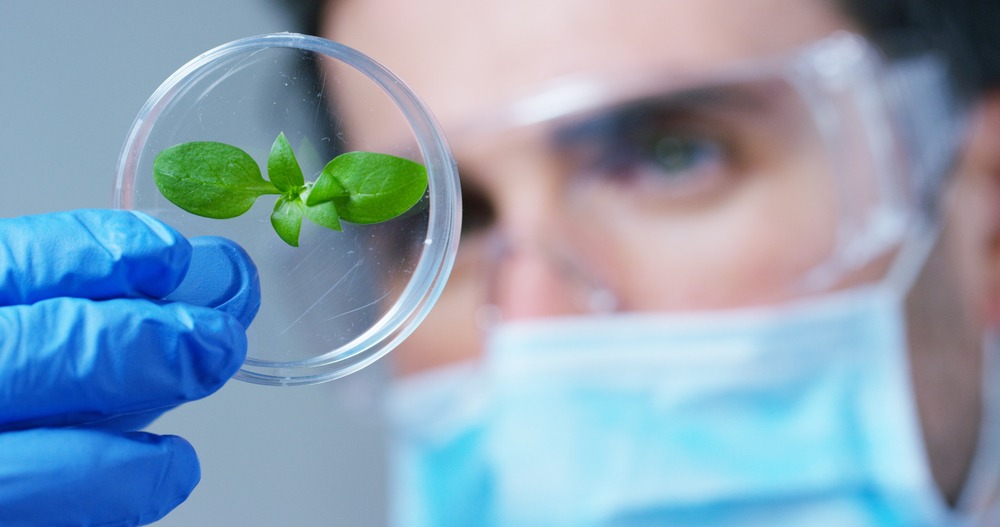Inari, the latest venture from venture development organization Flagship Pioneering, has raised $40 million in Series B funding.
The company describes itself as a plant breeding technology company aiming to “transform plant breeding to significantly reduce time and cost by applying cutting-edge biological and data sciences.” The startup told AFN it will be using gene editing technology, including CRISPR Cas-9; it has CRISPR Cas-9’s inventor Jennifer Doudna on its board of directors.
Investors in the round include Acre Venture Partners, the agtech VC, and Alexandria Venture Investments, the real estate group.
The round takes the company’s total fundraising to $55 million with Flagship backing the company from its creation in 2016 to now. Flagship officially launched and spun out the company a few weeks ago.
Inari’s women-led team includes CEO Ponsi Trivisvavet, who moved over from Flagship’s most capitalized agtech startup Indigo, Julie Borlaug, the granddaughter of the Nobel Peace Prize Winner and head of communications and PR for Inari, and Catherine Feuillet, chief scientific officer, who started the now completed sequencing of the wheat genome in 2005.
The company will use this funding to accelerate the business and add to its team of more than 80 scientists, statisticians, engineers and advisors.
Inari uses a combination of biology, computational agronomy, data science, and software engineering to develop seeds that will withstand certain stressors such as drought or disease, and can be customized to certain locations, soil types and weather.
“The best analogy is to the technologies developed in life sciences and healthcare, using the unique genome of an individual to make customized improvements to their health. We are applying that approach to make improvements in seeds,” said a spokesperson.
“Our researchers draw from several tools to deliver gene edits including meganuclease, zinc finger nuclease, TALEN and CRISPR; CRISPR is by far the most cost-effective and efficient tool available at this time.”
Its closest comparable and perhaps competitor could be Benson Hill Biosystems, which uses computational biology, machine learning, and gene editing to accelerate plant breeding for its clients via its open CropOS platform.
Inari has yet to settle on a business model telling AFN that it is “currently looking at a range of business models. Basically, we will design our tailored seeds, then work with seed manufacturers to provide quantities to scale and distribute to farmers.”
Flagship Pioneering has launched several startups in the healthcare and pharmaceutical space — previously operating as Flagship Ventures — many of which have been acquired or listed on public stock exchanges. In agriculture, Indigo Agriculture is its leading brand, with $403 million raised from large institutional investors for its microbial input products business. Indigo Ag is as much about its innovative business model — where it buys back crops grown with its microbe-coated seeds — as it is about its plant microbiome research and technology. The company intends to list on a public exchange in the near future.
The venture development organization — defined as an organization that finds, licenses, and commercializes technology — also has a digital ag startup in its portfolio called CiBO Technologies.
Watch out for an interview with Flagship Pioneering general partner Ignacio Martinez coming soon!





